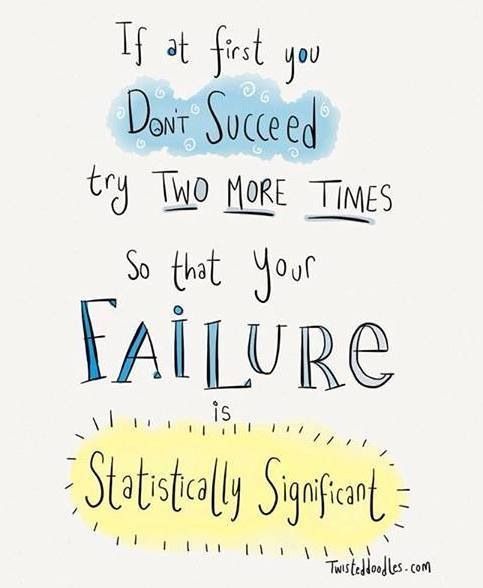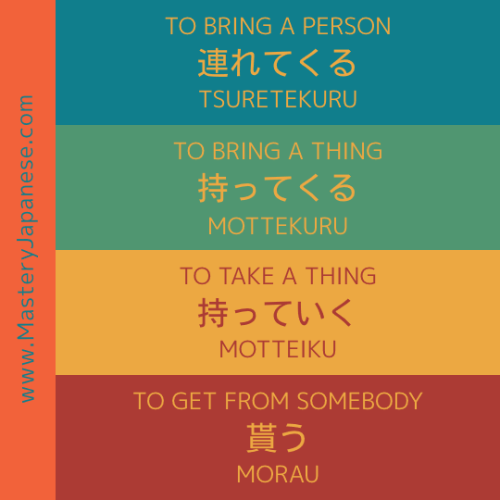Fórmulas Matemáticas útiles.
Fórmulas matemáticas útiles.






Useful :)
More Posts from Poliglota19 and Others
“But a language, even a foreign language, is something so intimate that it enters inside of us despite the fissure. It becomes a part of our body, our soul. It takes root in the brain, it emerges from our mouths. In time, it nestles in the heart.”
- Translating Myself and Others by Jhumpa Lahiri (2022)


Learn Japanese with me #1
Today is september 11, 2022
Let’s begin with numbers. I won’t use any kana for a time, we’ll introduce them later at a slow pace.
1. The single numbers
1 = ichi
2 = ni
3 = san
4 = yon (shi)
5 = go
6 = roku
7 = nana (shichi)
8 = hachi
9 = kyuu (ku)
10 = juu
The words in parentheses are alternative names for those numbers. Sometimes those names are evaded due to the fact that they’re pronounciations for other words regarded as unlucky words, like shi which is the same sound for death and ku which is the same sound for suffering.
2. The teens
These are very simple to work with, and the dynamics to build them are pretty much the same as those of roman numerals. What we do is that we take juu -10- and right after it we place a single number, like this:
11 = juu ichi
12 = juu ni
13 = juu san
14 = juu yon
15 = juu go
16 = juu roku
17 = juu nana
18 = juu hachi
19 = juu kyuu
3. The tens
For these numbers we take a very similar approach to the previous ones, just inverting the order. Like this:
20 = ni juu
30 = san juu
40 = yon juu
50 = go juu
60 = roku juu
70 = nana juu
80 = hachi juu
90 = kyuu juu
4. The hundreds
For 100 we use hyaku, and in order to make bigger numbers from it we just use it in a similar fashion to juu, with some exceptions:
200 = ni hyaku
300 = sanbyaku
400 = yon hyaku
500 = go hyaku
600 = roppyaku
700 = nana hyaku
800 = happyaku
900 = kyu hyaku
5. The thousands
For 1000 we say sen or issen. To build the multiple integers of 1000 we put the name of the integer before sen, with some exceptions:
2000 = ni sen
3000 = san zen
4000 = yon sen
5000 = go sen
6000 = roku sen
7000 = nana sen
8000 = hassen
9000 = kyuu sen
So now, we can build any integer number from 0 to 9999:
46 = yon juu roku
357 = san byaku go juu nana
7569 = nana sen go hyaku roku juu kyuu
Notice how the name looks like we are adding 7000 + 500 + 60 + 9.
I’m gonna leave it here, today. Hope you may find this useful, and I’ll see you soon :3
がんばってね!


First Japanese Phrases People Learn! 🗨 PS: Learn Japanese with the best FREE online resources, just click here https://www.japanesepod101.com/?src=tumblr_infographic_first_phrases_012423


接続詞(せつぞくし)
conjunctions - words that are used to link phrases together
情報を加える // Adding information:
しかも besides そのうえ moreover, on top of that さらに moreover, on top of that そればかりか not only that, but also... そればかりでなく not only that, but also...
情報を対比する // Putting into contrast:
それに対して in contrast 一方 whereas
他の可能性・選択肢を言う // Giving alternatives:
あるいは or perhaps (presenting another possibility) それとも or (presenting another option within a question)
結論を出す// Drawing a conclusion:
そのため for that reason したがって therefore そこで for that reason (I went ahead and did...) すると thereupon (having done that triggered sth. to happen) このように with this (adjusting a conclusion to the arguments given beforehand) こうして in this way
理由を言う // Giving a reason:
なぜなら...からだ the reason is というのは...からだ the reason is
逆説を表現する // Expressing a contradiction:
だが however, yet, nevertheless (contradicting what one would have expected) ところが even so (spilling a surprising truth) それなのに despite this, still それでも but still (despite a certain fact, nothing changes)
説明を補う // Amending one's explanation:
つまり that is, in other words (saying the same thing using different words) いわば so to speak (making a comparison) 要するに to sum up, in short
説明を修正する // Revising one's explanation:
ただし however (adding an exception to the information stated beforehand) ただ only, however もっとも however (obviating any expectations that might arise through the previous statement) なお in addition, note that (adding supplementary information)
話題を変える // Changing the subject:
さて well, now, then (common in business letters after the introductory sentence; is often ignored in tranlations) ところで by the way
Which languages do you know? Nice blog🤗
Hi, thanks :)
I know Spanish (native) and English, I'm currently learning Japanese, I know some French from college classes I've taken, I'm looking forward to continuing learning it at a later point this year, probably once I graduate.
-
 alex101-us liked this · 2 months ago
alex101-us liked this · 2 months ago -
 icthyarch reblogged this · 1 year ago
icthyarch reblogged this · 1 year ago -
 trailfinder242 liked this · 1 year ago
trailfinder242 liked this · 1 year ago -
 adikusworld liked this · 2 years ago
adikusworld liked this · 2 years ago -
 zurdaestudiando reblogged this · 2 years ago
zurdaestudiando reblogged this · 2 years ago -
 zurdaestudiando liked this · 2 years ago
zurdaestudiando liked this · 2 years ago -
 poliglota19 reblogged this · 2 years ago
poliglota19 reblogged this · 2 years ago -
 deadlysunlight liked this · 2 years ago
deadlysunlight liked this · 2 years ago -
 bunny420v liked this · 2 years ago
bunny420v liked this · 2 years ago -
 n-is-studying liked this · 2 years ago
n-is-studying liked this · 2 years ago -
 plavigumbic liked this · 3 years ago
plavigumbic liked this · 3 years ago -
 angelicentity liked this · 3 years ago
angelicentity liked this · 3 years ago -
 studyingisanightmare reblogged this · 3 years ago
studyingisanightmare reblogged this · 3 years ago -
 herrefulgentdemon reblogged this · 4 years ago
herrefulgentdemon reblogged this · 4 years ago -
 herdarkangel liked this · 4 years ago
herdarkangel liked this · 4 years ago -
 be-i-ng reblogged this · 4 years ago
be-i-ng reblogged this · 4 years ago -
 cookie-monster0704 reblogged this · 4 years ago
cookie-monster0704 reblogged this · 4 years ago -
 darkesssoul liked this · 4 years ago
darkesssoul liked this · 4 years ago -
 maythecodebewithme liked this · 4 years ago
maythecodebewithme liked this · 4 years ago -
 kaptanibatmisgemi liked this · 4 years ago
kaptanibatmisgemi liked this · 4 years ago -
 lavida-de-siensia reblogged this · 4 years ago
lavida-de-siensia reblogged this · 4 years ago -
 cookie-monster0704 reblogged this · 4 years ago
cookie-monster0704 reblogged this · 4 years ago -
 build-a-bi liked this · 4 years ago
build-a-bi liked this · 4 years ago -
 sineadylemonady reblogged this · 4 years ago
sineadylemonady reblogged this · 4 years ago
Hola, mi nombre es Moisés y estoy estudiando japonés y francés. Tengo un studyblr: desordenado-ordenado.
51 posts